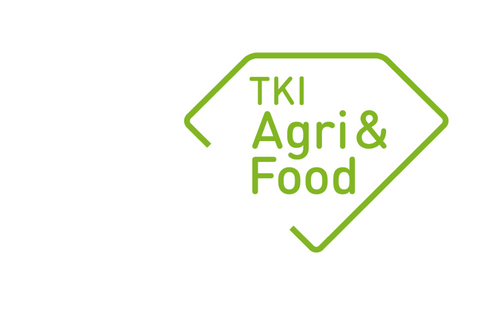Projecttitel: Effect of processing on digestion & immunogenity of proteins in infant nutrition
Projectnummer: AF-18012
Missie: Gewaardeerd, gezond en veilig voedsel
MMIP: Gezonde voeding, een makkelijke keuze (D2)
Looptijd: 2019 – 2022
Projectleider: Kasper Hettinga
Milk proteins fulfil a major role in nutrition and development of the immune system in infants. In the developing infant, where the immune system is still immature, it is important to supply foods that offer an optimal potential to establish tolerance to food proteins, including milk proteins. Milk proteins are often the only source of protein after birth and remain one of the main protein sources throughout the first years of life. Industrial preparation of infant formula, however, includes processing which may affect milk protein functionality, for example, heating steps are applied to ensure microbiological safety. This heating may modify milk proteins, which can have consequences for the overall digestibility and thereby have a nutritional and immunological impact. In addition, other components present in the product matrix (including lipids and carbohydrates) may influence these protein modifications.
In this project, variations in processing conditions (dry & wet heating at different intensities), as well as effects of the overall matrix composition, on protein digestion & immunogenicity will be studied. The novelty of this project is the direct link of protein processing with protein modification, digestion and immunogenicity, which is both scientifically and practically relevant. Previous research mostly focused on the effects of a specific modification, i.e. advanced glycation, whereas earlier stages of glycation and non-glycation protein modifications (including amongst others oxidation and protein aggregation) have been insufficiently studied. To study the variation in protein digestion caused by heating, both in vitro and in vivo measurements will be performed. We have recently developed in vitro infant digestion models that reflect the infants digestive physiology at different stages during development. In infants, especially gastric digestion of proteins is more limited compared to that of adults, which may affect the potency of the digesta to initiate intestinal immunological reactions. As gastric digestion can differ depending on the extent of heating of proteins, processing of dairy products can, through this mechanism, impact immune development in infants. Although the effect of protein processing on digestion has been studied, as well as the immunological consequences of processing, an in-depth integrated analysis of the relation between these three steps has not been performed, especially when it comes to milk proteins and infant digestion specifically. Moreover modifications beyond advanced glycation have not been studied. Gastric digestion of diary proteins partly depends on structure formation and breakdown (clotting) under gastric conditions. Better understanding of protein degradation in vivo may be achieved through in vivo monitoring using magnetic resonance imaging (MRI). We will employ dedicated MRI techniques to validate and inform in vitro digestion models, effectively bridging the gap between in vitro models and real life digestion processes. For the companies involved in this project, obtaining detailed insight in the effect of processing on the digestion and immunological consequences of protein allows further optimisation of their processes to ensure products with optimal properties to support infant health.
Deel dit bericht

